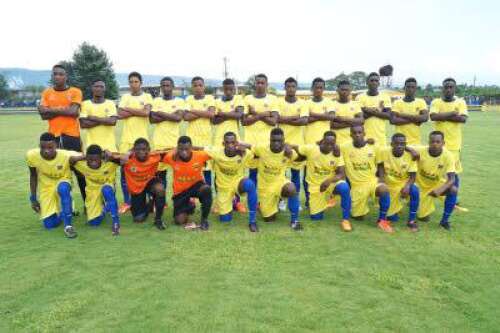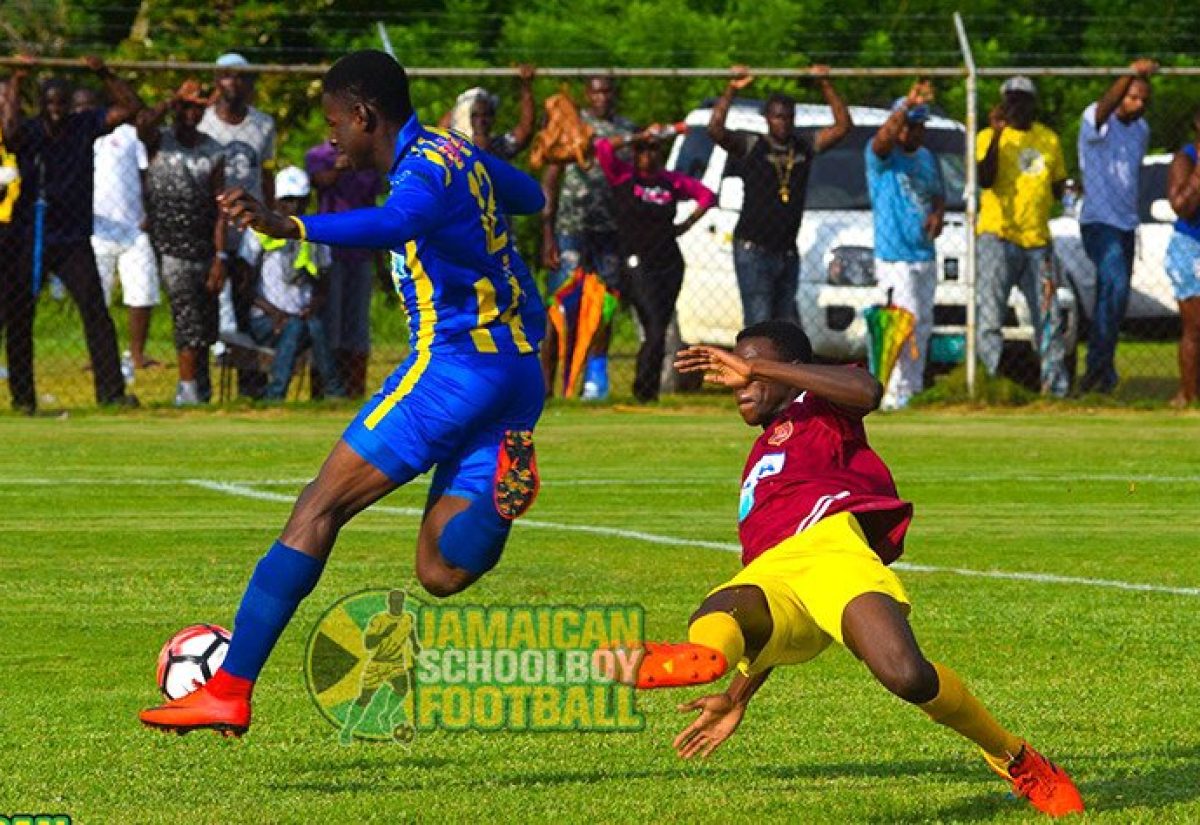DaCosta Cup Competition – Platform to Showcase Rural Football Talent
By: , September 7, 2023The Full Story
In the vibrant landscape of Jamaican football, the DaCosta Cup stands tall as a symbol of rural football supremacy.
Since its inception in 1950 by the late businessman and philanthropist, Herbert Henry DaCosta, a visionary who believed in the power of sports to shape young lives, the competition has captivated the nation and fostered a strong sense of community and pride within rural Jamaica.
Mr. DaCosta’s aim was to provide a platform for school-aged boys in rural areas to showcase their football talent.
The inaugural tournament featured eight schools, with Cornwall College in Montego Bay, St. James, emerging as the first champions.
The competition rapidly gained popularity and expanded its reach over the years, growing from eight schools to include more than 100 schools across rural Jamaica.
The format was also modified to include group stages, knockout rounds, and a final match held at the Montego Bay Sports Complex, which became an iconic venue for the event.
With the competition slated to start within the coming days, every team believes it has a chance of lifting one of the most coveted and prestigious trophies in rural schoolboy competitions.
As former Titchfield High School, Portland standout, Anthony Nelson, puts it, “The DaCosta Cup has had a profound impact on the rural communities of Jamaica.”
It has provided an avenue for talented young footballers to hone their skills, with some pursuing professional careers, he says.
The competition, he notes, has become a source of inspiration, motivating students to excel academically, while representing their schools on the football field.
The DaCosta Cup, Mr. Nelson adds, has also fostered a sense of unity and pride within communities, with parents, teachers and alumni rallying behind their respective schools.
Journalist and former teacher at St. James High School, Montego Bay, Adrian Frater, reminds that several schools have established themselves as powerhouses in the DaCosta Cup, dominating the competition over the years.
Institutions, he says, such as Cornwall College, Rusea’s High School, Hanover, and St. Elizabeth Technical High School (STETHS), St. Elizabeth, have consistently produced talented teams and claimed multiple titles.

James Palmer, who played for Rusea’s High School in the mid-2,000s, says rivalries have always been an integral part of the DaCosta Cup, adding excitement and intensity to matches.
“The historic clashes between schools, such as Cornwall College and Munro College, Rusea’s High School and STETHS, and others, have become legendary, attracting large crowds and creating unforgettable moments in Jamaican football history,” he notes.
“The DaCosta Cup has come a long way since its humble beginnings, evolving into a prestigious tournament that has shaped the landscape of Jamaican football. Its impact on rural communities, the emergence of dominant teams, and the fierce rivalries it has fostered have made it a cherished institution,” Mr. Palmer notes.
He adds that as the competition continues to grow and evolve, the DaCosta Cup will undoubtedly remain a symbol of rural football supremacy, inspiring generations of young footballers and leaving an indelible mark on the history of Jamaican sport.
For Minister of Culture, Gender, Entertainment and Sport, Hon. Olivia “Babsy” Grange, the DaCosta Cup has not only been a platform for showcasing talent but has also had a profound impact on rural communities.
She notes that since its inception, the tournament has become a symbol of solidarity, pride and unity, fostering a sense of community that extends far beyond the football field.
“The DaCosta Cup has acted as a catalyst for inspiring young footballers in rural communities to dream big and pursue their aspirations. By providing a competitive platform for showcasing their skills, the tournament has motivated countless students to strive for excellence on and off the field,” she tells JIS News in a recent interview.
“The success stories of players who have emerged from the DaCosta Cup and gone on to represent Jamaica at national and international levels serve as role models for aspiring talents,” she adds.
Past student and player for Aabuthnott Gallimore, St. Ann, Kemar Johnson, says that one of the most remarkable aspects of the DaCosta Cup is its emphasis on academic achievement alongside athletic prowess, adding that participating schools prioritise education, recognising that academic success goes hand with sporting triumph.
The tournament has encouraged students to excel academically, leading to increased educational opportunities for individuals from rural communities.
“Scholarships, bursaries and other forms of academic support have been made available to students who excel both in the classroom and on the football field,” he notes.
Prominent St. Ann businessman, and a staunch supporter of rural schoolboy football, Peter Shand, says that the DaCosta Cup has instilled a deep sense of pride and unity within rural communities across Jamaica, adding that the tournament serves as a rallying point for parents, teachers, alumni, and members of the community to come together and support their respective schools.
This collective support, he says, transcends individual rivalries, fostering a spirit of camaraderie and belonging, noting that football matches have become community-wide events, with vibrant displays of school colours, spirited chants, and an electric atmosphere that unites the community.
“The DaCosta Cup has become much more than a football competition; it has become a transformative force within rural communities in Jamaica,” he adds.


